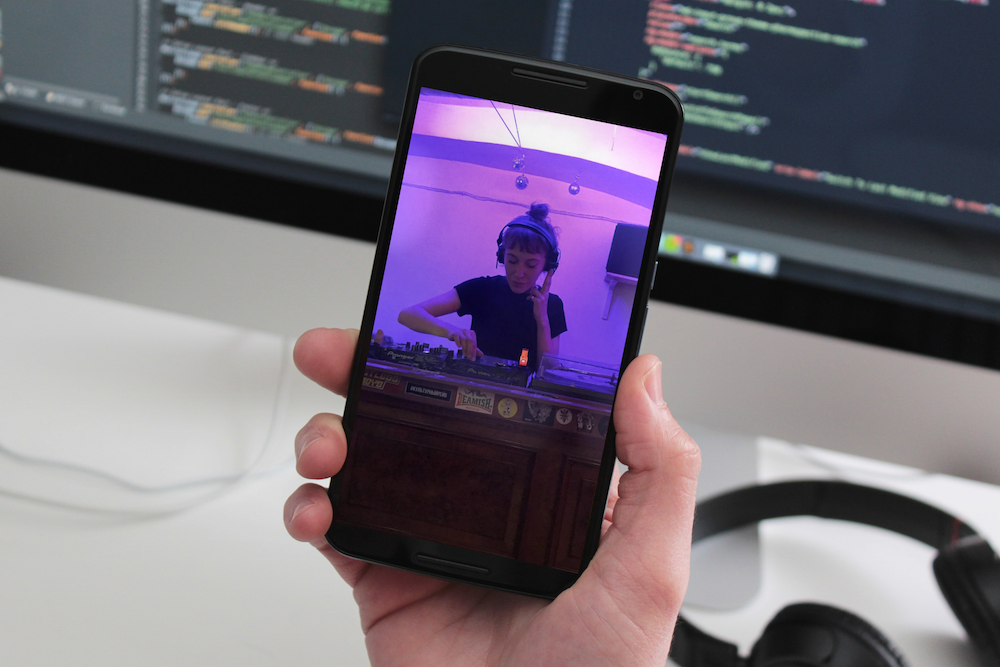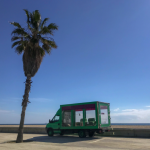HOW TO LIVE ONLINE: RETHINKING A NEW TOMORROW
As weeks go by, we are starting to settle into our new routine. How to live online: rethinking a new tomorrow. Remote team meetings, working with a different type of distraction, namely the children or the pets, using the internet to connect with the world and dressing up more comfortably – at least waist down.
Day by day, this new routine is becoming a habit. New habits will shape how we will behave in a post-virus society. As a result, this will form what we do as consumers.
Trends shape over some time, so we track changes, to understand where turmoils are coming from and where we are heading. Disruption, in this case, has come abruptly and had immediate consequences in all the key sectors, such as economy, government, public health, and the environment.
So, it is time to reflect on how to live online, rethinking a new tomorrow.
//Possible tomorrows
The virus is shaping our lives in a new way, and one of the first consequences is that the COVID-19 is teaching us how to live a technologically mediated life. If, during the pre-virus, we used the internet as an essential tool to work and shop. Now, a good connection is vital to carry out any activity: remote work, shopping, and socialising.
Consumers are understanding which are some positive sides of this way of living, and some activities might become the new normality. The silver lining is that for the first time, we are using the internet and social media for what they are meant to be.
Speculations about the future and possible scenarios should take into account that even when countries pass the peak of the virus, resuming a routine will be slow and gradual.
Some possibilities:
- everyone will be tested for the virus before going back to a “normal” routine,
- big gatherings won’t be allowed,
- it will be compulsory to wear masks in public spaces,
- there will be travelling restrictions.
In the meantime, we are learning how to live online. Prolonging this new way to mediate with the external world, might be shaping our future and us as consumers, forever.
//What could be the needs of future post-virus consumers?
If more people shift to remote working, more employees will find in their hands extra time to invest in shopping, learning, carrying out activities such as yoga, meditation, or sports. If, in this future scenario, we won’t be able to be outside as we were before, online will become our new outdoors.
Omnichannel was already a reality in pre-virus life. Brands and companies knew that to appeal to consumers; they had to promote points of contact: physical experiences integrated with the flexibility of the digital environment. In a post-virus society, where we cannot experience the world physically, we have to work the other way around. And understand how we can integrate the emotional experience into a digital solution because consumers will be looking for that.
//Some inspirations for the future
At the moment, brands have the same concern, to lose touch with their community. Some companies have reacted fast to this new need, creating online experiences. It is interesting to analyse these new interactions as they might not be something momentary. It could be the new normal soon, or at least for a while.
- Clubbing from your living-room: when going to crowded places is impossible, you can still enjoy the hype of the music through digital parties. Cloud clubbing offers live DJ sets, where participants can send messages to share their feelings with the DJs. TAXX Shanghai, a prominent and well-known club in Shanghai, uses the existing technology of apps such as Douyin, China’s TikTok, to throw these digital parties.
- Wine tastings from your kitchen: you would like to understand what type of wine to match with the next exquisite meal you are preparing? Look no longer, Rosé Mansion is a winery focused on experiences, and it is shifting all its knowledge to the online world. Among the experiences they offer, there is the possibility video chat with the co-founder, Tyler Balliet. He will check what you are drinking and tell you the story about the wine and the grapes used to produce the delicious wine you chose to drink.
- Sunday prayer from your study: congregations across the world are trying to find alternative ways to support the community in times of social distancing. Taking care of our spirituality is also a way to overcome these difficult times. Priests switch to online services: the Sunday mass is live-streamed using social channels. A church in Chattanooga (Tennessee, USA) is using youtube to maintain their community connected through streaming services.
- Remote meetings via Zoom from wherever you want: during the first quarter of 2020, Zoom saw the number of users jump from a total of 10 million to 200 million per day. People are using Zoom for their daily work, political meetings, corporate gatherings, school lessons, as well as friends and family gatherings. People are reinventing ways of meeting up to keep their social life alive.
These are some examples of how any concept can become an online reality. If you need to investigate possible ideas to launch now or shortly, we are offering a consulting service, based on a tool called Canvas. Our approach guides you through the steps of defining your future pop-up concept and pop-up event.
//Positive outcome
The crisis has been hitting hard the economy. Reinventing new touchpoints with customers and new products will be crucial for any company.
Further than adapting to the current reality, this scenario brings other positive outcomes that should not be taken for granted. On the contrary, they should be explored as a possibility to offer a further bespoke product/service.
Personalisation: just as there is a personalisation of need in the physical world, online services can be tailored to what the consumer needs. Brands can offer targeted online services that can tackle specific necessities. These services can be one-to-one or small group activities that could take advantage of the peer-to-peer connection.
Controlled experience: offering controlled experience is an opportunity to gather feedback and improve the products and services. The perfect environment to try new ideas and collect feedback. All the information can improve the physical environment.
A new set of data: Small and controlled experiences can give you a collection of new data about your consumer. Data is always a piece of valuable information to understand who your buyer persona is.
Flexibility: digital experiences are adaptable and can be changed fast if something doesn’t work, going through a trial-error experience.
//Looking at the future
Despite the disruption COVID-19 has brought to our routine and work, several opportunities are laying under the current chaos. You need to sit down, reflect, and listen to your customers. We are always here to support you in the endeavour of new scenarios that can spike consumers’ interest, explore how to live online: rethinking a new tomorrow together.




